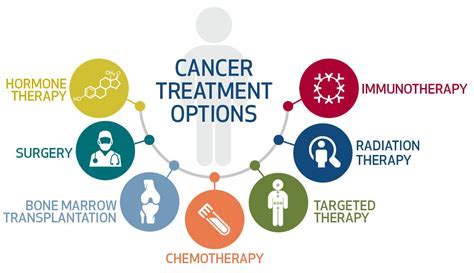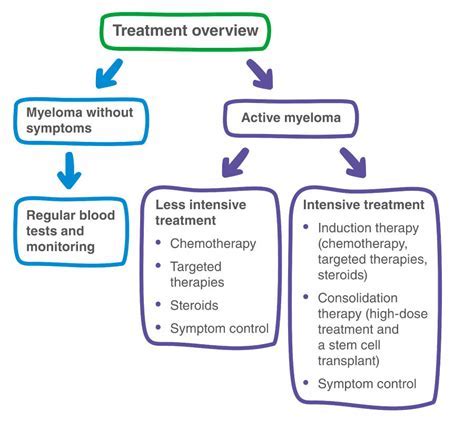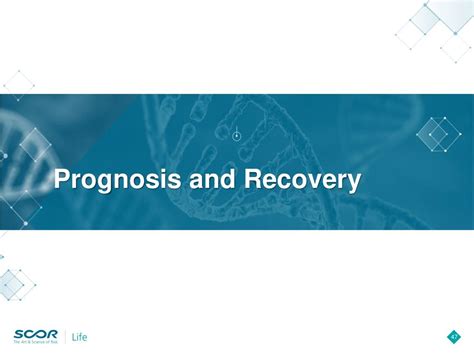Intro
Identify 5 key strep throat signs, including sore throat symptoms, fever, and swollen tonsils, to recognize strep throat infection and seek timely medical treatment for swift recovery.
Strep throat, also known as streptococcal pharyngitis, is a highly contagious infection caused by the group A Streptococcus bacteria. It primarily affects the throat and tonsils, leading to a range of uncomfortable symptoms. Recognizing the signs of strep throat is crucial for prompt medical attention and effective treatment. In this article, we will delve into the common signs of strep throat, its causes, diagnosis, treatment options, and preventive measures.
The importance of identifying strep throat cannot be overstated. If left untreated, the infection can lead to complications such as kidney inflammation, rheumatic fever, and abscesses. Furthermore, strep throat can spread rapidly among family members, classmates, and colleagues, making it essential to take proactive steps to prevent its transmission. By understanding the signs and symptoms of strep throat, individuals can seek medical help early, reducing the risk of complications and promoting a speedy recovery.
Strep throat is more common in children and adolescents, but it can affect people of all ages. The infection typically spreads through direct contact with an infected person's respiratory secretions, such as saliva, mucus, or nasal discharge. Indirect contact, like sharing food or drinks, can also transmit the bacteria. In addition to its contagious nature, strep throat can be triggered by poor hygiene, weakened immune systems, and close living quarters.
Common Signs of Strep Throat

Causes and Risk Factors
The group A Streptococcus bacteria are the primary cause of strep throat. This bacterium is highly contagious and can spread through various means, including close contact with an infected person, sharing personal items, or touching contaminated surfaces. Certain risk factors, such as a weakened immune system, poor hygiene, and exposure to someone with strep throat, can increase an individual's likelihood of developing the infection.Diagnosis and Treatment

Antibiotic Treatment and Resistance
Antibiotics are the primary treatment for strep throat, and it is crucial to complete the full course of medication as prescribed by the doctor. Failure to do so can lead to the development of antibiotic-resistant bacteria, making future infections more challenging to treat. Additionally, it is essential to note that antibiotics are only effective against bacterial infections and will not work for viral infections, such as the common cold or flu.Prevention and Home Remedies

Complications and Long-Term Effects
If left untreated or poorly managed, strep throat can lead to various complications, including kidney inflammation, rheumatic fever, and abscesses. In rare cases, the infection can also trigger autoimmune disorders, such as pediatric autoimmune neuropsychiatric disorders associated with streptococcal infections (PANDAS). It is crucial to seek medical attention promptly if symptoms persist or worsen over time, as early treatment can help to prevent long-term effects and promote a full recovery.Recovery and Prognosis

Recurrence and Prevention
To prevent the recurrence of strep throat, it is crucial to practice good hygiene, avoid close contact with infected individuals, and get plenty of rest. Additionally, individuals can take steps to boost their immune system, such as eating a balanced diet, exercising regularly, and managing stress. By taking proactive measures to prevent strep throat, individuals can reduce the risk of complications and promote overall health and well-being.Conclusion and Final Thoughts


We invite you to share your thoughts and experiences with strep throat in the comments below. Have you or a family member ever had strep throat? What steps did you take to prevent its transmission and manage its symptoms? Your insights and questions can help others better understand this common infection and take proactive measures to promote their health and well-being.
What are the common symptoms of strep throat?
+The common symptoms of strep throat include a severe sore throat, swollen and tender lymph nodes, and a fever. Other symptoms may include a headache, stomachache, or nausea.
How is strep throat diagnosed?
+Strep throat is typically diagnosed through a physical examination, medical history, and a rapid strep test or throat culture. The rapid strep test provides quick results, while the throat culture offers more accurate results but takes longer to produce.
What is the best way to prevent strep throat?
+The best way to prevent strep throat is to practice good hygiene, such as washing hands frequently, avoiding close contact with infected individuals, and not sharing personal items. Additionally, getting plenty of rest, eating a balanced diet, and managing stress can help to boost the immune system and reduce the risk of infection.
Can strep throat be treated with home remedies?
+While home remedies, such as gargling with salt water, drinking warm liquids, and using a humidifier, can help to alleviate symptoms and promote recovery, they should not replace medical treatment. Antibiotics are typically necessary to eliminate the bacteria and reduce the risk of complications.
What are the potential complications of untreated strep throat?
+Untreated strep throat can lead to various complications, including kidney inflammation, rheumatic fever, and abscesses. In rare cases, the infection can also trigger autoimmune disorders, such as PANDAS. It is essential to seek medical attention promptly if symptoms persist or worsen over time.
